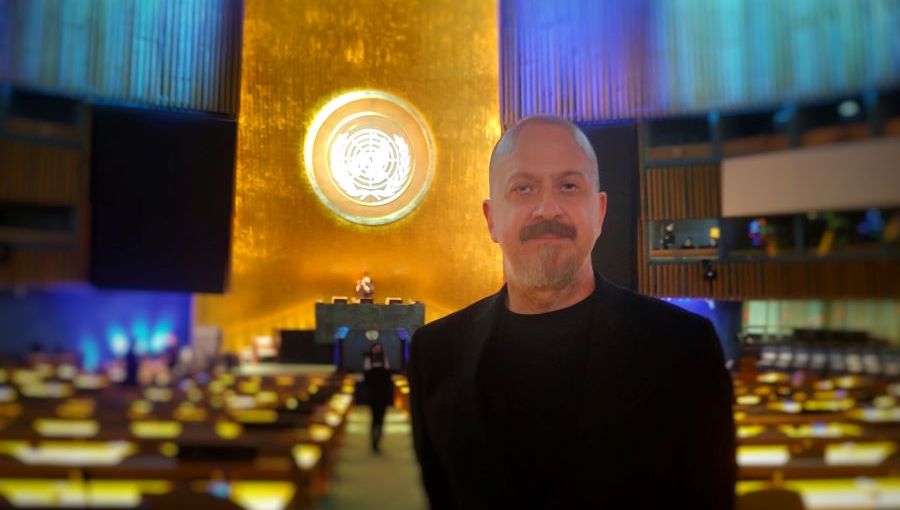Roshi Joan Halifax on "Spirituality and Political Activism"
The JCU Institute of Future and Innovation Studies and Cortona Week welcomed Roshi Joan Halifax, Ph.D., for the fourth monthly Cortona Pearl, titled “Spirituality and Political Activism,” which took place on May 29, 2021. The event was moderated by Professor Naveen Shamsudhin, of ETH Zurich, Switzerland.
Professor Pierluigi Luisi and Dr. Francesco Lapenta, Director of the Institute of Future and Innovation Studies, introduced Halifax, who is from the Upaya Zen Center, Santa Fe. Halifax is an American Zen Buddhist teacher, anthropologist, ecologist, civil rights activist, hospice caregiver, and the author of several books on Buddhism and spirituality.

Sunset in Cortona by Antonio Cinotti
Roshi Joan Halifax, Ph.D., is a Buddhist teacher, Zen priest, anthropologist, and pioneer in the field of end-of-life care. She is Founder, Abbot, and Head Teacher of Upaya Institute and Zen Center in Santa Fe, New Mexico. She received her Ph.D. in medical anthropology in 1973 and has lectured on the subject of death and dying at many academic institutions and medical centers around the world. She received a National Science Foundation Fellowship in Visual Anthropology, was an Honorary Research Fellow in Medical Ethnobotany at Harvard University, and was a Distinguished Visiting Scholar at the Library of Congress.
From 1972 until 1975, Halifax worked with psychiatrist Stanislav Grof at the Maryland Psychiatric Research Center with dying cancer patients. She has continued working with the dying and their families, and teaching health care professionals and family caregivers the psycho-social, ethical and spiritual aspects of care of the dying. She is Director of the Project on Being with Dying, and Founder of the Upaya Prison Project that develops programs on meditation for prisoners. She is also the founder of the Nomads Clinic in Nepal. She studied for a decade with Zen Teacher Seung Sahn and was a teacher in the Kwan Um Zen School.
A Founding Teacher of the Zen Peacemaker Order and founder of Prajna Mountain Buddhist Order, her work and practice for more than four decades have focused on engaged Buddhism. Her books include The Fruitful Darkness: A Journey Through Buddhist Practice and Tribal Wisdom, A Buddhist Life in America: Simplicity in the Complex, Being with Dying: Cultivating Compassion and Fearlessness in the Presence of Death and Standing at the Edge: Finding Freedom Where Fear and Courage Meet which was released on May 1, 2018.
In her talk, Halifax explored the spirituality that is brought from the monastery to the world. Through work in the prison system, social and political activism, and a commitment to environmental responsibility, Halifax looked at the three aspects of spirituality: spirituality of social action, spirituality of service, and spirituality of conscience and conscientiousness. These three aspects are seen as one in Zen Buddhism, where mutuality is the basis of the relationship with the world.
Other speakers
Professor Mauro Bergonzi is a philosopher and author. He is Professor of Philosophy at Università degli Studi di Napoli “L’Orientale” and member of the International Association for Analytical Psychology (I.A.A.P.) and Centro Italiano di Psicologia Analitica (C.I.P.A.).
Professor Roberto Ferrari, is a philosopher trained as a biologist and entomologist, Professor at the Department of Evolutionary Experimental Biology at the University of Bologna. Currently, he is focusing on cognitive ethology and on the emerging proprieties of collective minds. He collaborates with A.S.I.A. Study Centre directed by Franco Bertossa.
Professor Renuka Singh is Professor of Sociology in New Delhi, India.





